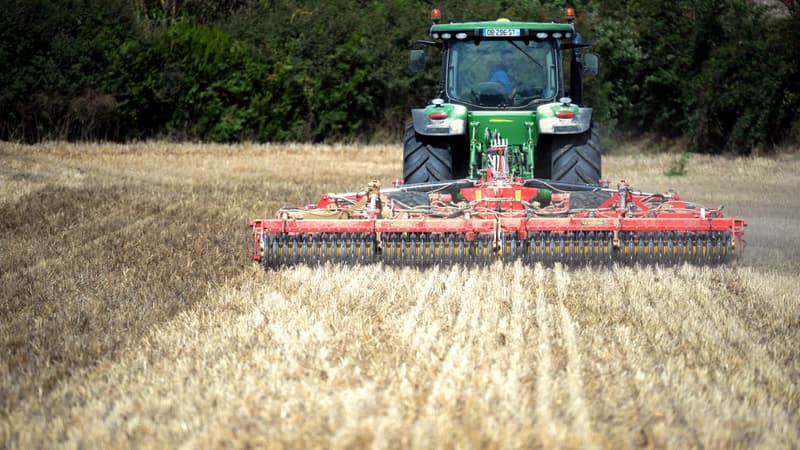Farmers’ federations (FNSEA, Coopération agricole), agri-food manufacturers (ADEPALE, ANIA, ILEC, FEEF), supermarkets (Perifem) came together on Thursday to launch a “call for help” in the face of the “disproportionate increase in energy costs “. ” for businesses, as the government unveils its sobriety plan on Thursday.
The entire food industry estimates in a joint press release that, in the absence of significant measures to combat this increase, there could be interruptions in production, with consequences for employment, and that the cost of the French average basket could increase significantly, ” resulting in making households bear a portion of the increased energy.”
“Go further”
The sector asks the Government that, “beyond the establishment of a sobriety approach for both companies and consumers”, go “further”. They ask for “a ceiling price for the gas used for the production of electricity”, and that “the volume of Arenh”, that is to say “access to alternative suppliers at a regulated price for the historical nuclear energy of electricity”, is maintained in 2023 ” at the same level as in 2022, that is, at 120 TWh”.
“If neither of the two requested measures is possible”, these must be endorsed at the European level, the sector asks the French Government to establish “an emergency regulated rate accessible to all companies”, not only small and medium-sized ones”, for the duration of the crisis” and at a level “equal to the weighted average of the costs of electricity production in France”.
The president of the FNSEA, Christiane Lambert, had warned Thursday morning on our antenna about a situation of “absolute emergency” for the food industry, citing agricultural production costs that have increased by more than 26% in one year.
In the afternoon, potato, fruit and vegetable producers said they were “at the foot of the energy wall in the face of the explosion in the cost of (cold) storage of their crops, linked to the price of electricity contracts.” Offered”. For example, the average storage cost for 2023 of apples and pears would thus increase from 0.02 to 0.1 euros/kilogram, an increase of +400%.
“Without a political decision that breaks with current regulations (…), it is now certain that a large part of the production of potatoes, fruit and vegetables will sink in the coming months,” they warn in a statement.
New drop in volumes
“If nothing changes, the food chain will have to face two risks: a worsening of the drop in sales volumes, already underway, and a worsening of the level of shortages after the production decisions of the manufacturers, because producing becomes too expensive ”, also estimated this Thursday on Twitter the president of the U Systems stores, Dominique Schelcher.
Another possible consequence put forward by the sector: price increases that would affect the consumer at the end of the chain. “Inflation will increase due to the increase in production costs (between 5 and 30% depending on the products or services in question)”, point out the signatories of the joint note. The French could “pay their average shopping basket” 15% more expensive, which would have the effect of making the price shield established to protect consumers “partially ineffective”.
Source: BFM TV


